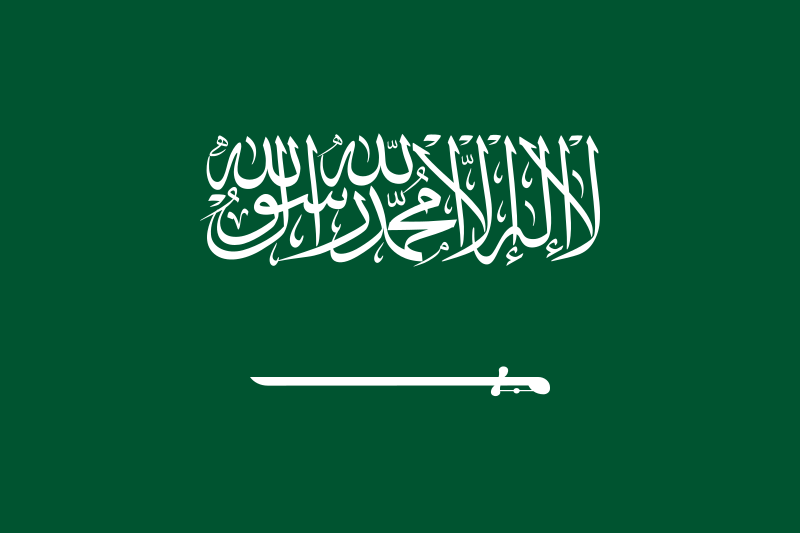
The Kingdom showcased its environmental initiatives, such as the Saudi Green Initiative and the Middle East Green Initiative, which focus on reversing desertification, restoring degraded lands, and fostering sustainable practices. During the conference, Saudi Minister of Environment, Water, and Agriculture, Abdulrahman Abdulmohsen Al-Fadley, underscored the country’s commitment to addressing these challenges at both national and global levels.
Participants emphasized the urgent need for action, with the United Nations highlighting alarming statistics: 40% of the world’s land is degraded, directly affecting half of humanity. The impacts of droughts, which have increased by 29% since 2000, threaten food and water security for billions. By 2050, as much as 25% of the global population is projected to experience severe water scarcity. The conference’s resolutions aimed to address these crises through collaborative efforts involving governments, businesses, and civil society.
One of the standout achievements of the Riyadh COP16 was the adoption of measures to accelerate land restoration efforts globally, with a target to rehabilitate 1.5 billion hectares of degraded land by 2030. Experts stressed the interconnectedness of land health with food, energy, and water security, asserting that sustainable land management is critical for global stability.
Key sessions included a high-level segment featuring government leaders and industry stakeholders, a Gender Caucus focusing on women’s roles in environmental stewardship, and the Business for Land Forum, which explored opportunities for private-sector engagement in sustainable initiatives. Saudi Arabia leveraged its role as host to promote regional solutions, sharing progress on local projects such as large-scale tree-planting campaigns and the development of renewable energy sources.
The conference also highlighted the socio-economic dimensions of land degradation, particularly its impact on marginalized communities. Participants called for more equitable access to resources and greater inclusion of indigenous knowledge in crafting environmental policies.
Topics
Spotlight
